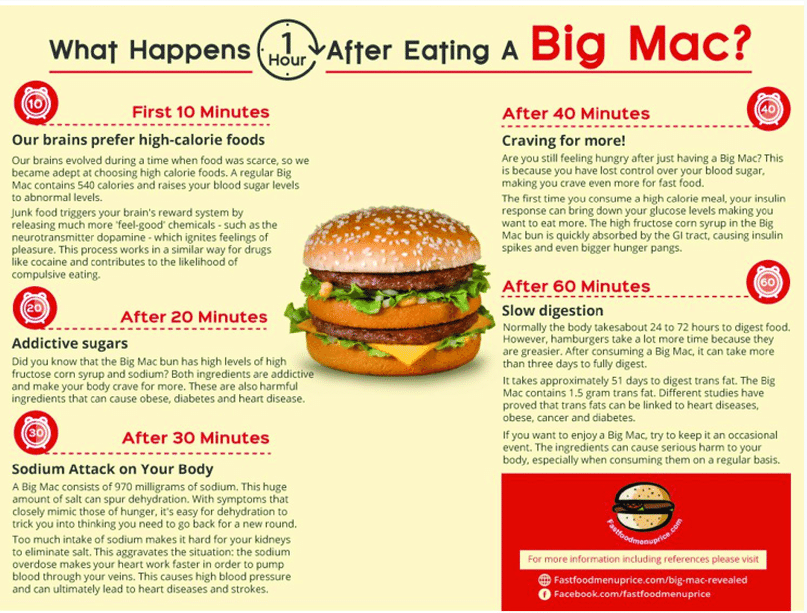
Whats wrong with modern food?
- Environmental impact: Modern agriculture practices have had a significant impact on the environment, including soil degradation, deforestation, water pollution, and greenhouse gas emissions. The use of pesticides, fertilizers, and intensive animal farming also contribute to environmental problems.
- Food waste: Approximately one-third of all food produced worldwide is wasted, which has significant economic, social, and environmental impacts. Food waste contributes to greenhouse gas emissions, wastes resources such as water and land, and exacerbates food insecurity.
- Food safety: The global food supply chain is complex, and foodborne illnesses are a major public health concern. Foodborne diseases can cause illness, hospitalization, and even death.
- Industrial farming practices: Large-scale industrial farming has led to the commodification of food and animals, with animals being treated as products rather than living beings. This approach can lead to issues such as animal cruelty, antibiotic resistance, and environmental damage.
- Nutritional quality: The modern food industry often prioritizes convenience and profit over nutritional quality, resulting in processed foods that are high in calories, salt, sugar, and unhealthy fats. This can contribute to the rise of chronic diseases such as obesity, diabetes, and heart disease.
These are just a few of the many issues associated with modern food, farming, and the food industry. Addressing these issues requires collective action from consumers, policymakers, and industry leaders to create a more sustainable, equitable, and healthy food system.